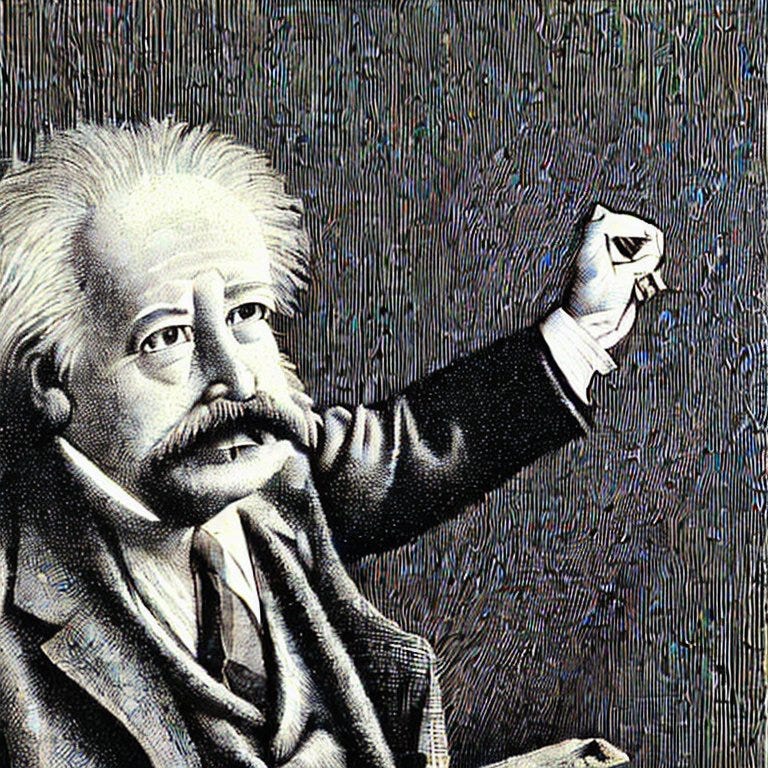Understanding the Theory of Relativity: A Guide for Dummies
Einstein's Theory Of Relativity Proves That Time Is Relative And So Is Everything Else
In a groundbreaking paper published in 1905, Albert Einstein revealed his theory of special relativity, which states that the laws of physics are the same for all observers in uniform motion and that the speed of light is constant. He later extended his theory to include gravity, creating the general theory of relativity, which describes how space and time are warped by massive objects.
Einstein's theory has been hailed as one of the greatest achievements of human intellect, but also as one of the most confusing and counterintuitive. According to relativity, time slows down for moving objects, lengths contract along the direction of motion, mass increases with speed, energy and mass are equivalent, and gravity bends light.
These effects are only noticeable at speeds close to that of light or near very strong gravitational fields, such as black holes. For everyday life on Earth, Newton's laws of motion and gravity still work well enough. However, relativity has been tested and confirmed by many experiments and observations, such as atomic clocks on airplanes and satellites, GPS systems, nuclear reactors and bombs, gravitational lensing and gravitational waves.
Einstein himself admitted that his theory was difficult to grasp even for him. He once said: "When you are courting a nice girl an hour seems like a second. When you sit on a red-hot cinder a second seems like an hour. That's relativity." He also joked: "Put your hand on a hot stove for a minute, and it seems like an hour. Sit with a pretty girl for an hour, and it seems like a minute. That's relativity."
Some critics have accused Einstein of making up his theory to suit his own agenda or to undermine traditional values. They claim that relativity is immoral because it implies that there is no absolute truth or reality. They also argue that relativity is unscientific because it cannot be proven or falsified.
However, most scientists agree that Einstein's theory is not only valid but also beautiful and elegant. They say that relativity reveals the underlying unity and simplicity of nature and shows how everything is connected by space-time. They also point out that relativity does not deny the existence of objective facts or moral principles; it only shows that they depend on one's perspective.
As Einstein himself said: "The most incomprehensible thing about the world is that it is comprehensible."


